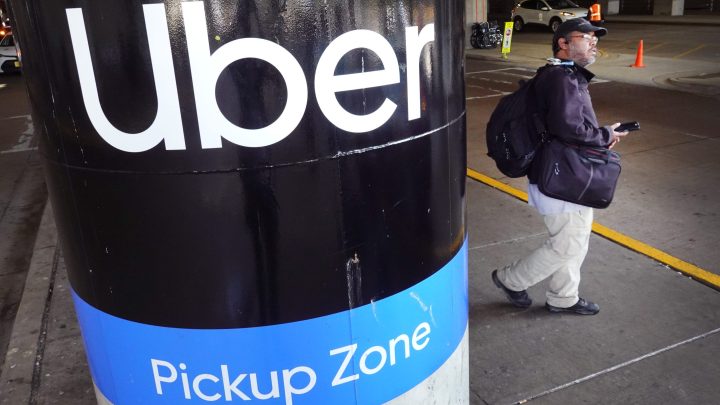
New government rule restricts who can be considered an independent contractor
New government rule restricts who can be considered an independent contractor

There’s a new rule in town for determining which workers can be treated as independent contractors and which must be classified as employees, with rights to minimum wage, overtime and other labor protections under federal law.
The rule from the Joe Biden administration replaces one more favorable to employers from the Donald Trump administration. And it could put more pressure on app-based gig economy companies that keep their payrolls low and use a lot of independent contractors.
The Trump administration’s rule was more independent contractor-friendly, as it focused mostly on the employer’s control of working conditions and how much opportunity the worker had to make a profit or loss. The new rule considers the whole economic relationship, per employment attorney Denise Keyser at law firm Ballard Spahr.
“Are they truly independent? Are they in business for themselves? Are they investing in materials or equipment?” she said. “Are they running their own business? Are they running the show?”
That’s a lot of boxes to check off to prove someone working for you is an independent contractor and not an employee. And that’ll make it harder for gig economy companies to explain why their drivers aren’t eligible for the full benefits of employment, according to Sally Dworak-Fisher at the National Employment Law Project.
“Laid out in the rule, one of the factors is: Does the worker meaningfully negotiate or set their own prices?” she said. “Ride-hail drivers and many app-based workers have no power to negotiate, much less set, their own prices.”
The U.S. Chamber of Commerce, a business advocacy organization, has opposed the new rule. Vice President Marc Freedman predicts it’ll stifle gig work in a range of professions.
“Financial services, I think, of the solo operator running, let’s say, a web-design service. This regulation is going to cause some companies to not want to engage independent contractors as they have before, for fear that they will be considered employees,” he said.
The new independent contractor rule is set to go into effect March 11.
There’s a lot happening in the world. Through it all, Marketplace is here for you.
You rely on Marketplace to break down the world’s events and tell you how it affects you in a fact-based, approachable way. We rely on your financial support to keep making that possible.
Your donation today powers the independent journalism that you rely on. For just $5/month, you can help sustain Marketplace so we can keep reporting on the things that matter to you.











